RIPAT - SUA is one of the many research projects being implemented by Sokoine University of Agriculture, this project started in 2017 with the aim of helping farmers to eliminate hunger and poverty in Mvomero and Morogoro Districts
The project was under the auspices of Research, Community and Organizational Development Associates (RECODA) in partnership with Sokoine University of Agriculture and focused mainly on adding value in crops and livestock

Deputy Vice Chancellor of Sokoine University of Agriculture SUA (Academic) Prof. Maulid Mwatawala delivering his message during the closing ceremony of the RIPAT - SUA project
The project has come to an end and recently on June 26, 2021, a special event and ceremony was organized with the aim of closing and concluding the activities of the Project.
The event was attended by various agricultural stakeholders from inside and outside Morogoro and the official guest was the Deputy vice chancellor (Academic) of Sokoine University of Agriculture professor Maulid Mwatawala who had the opportunity to speak to those who attended the event.
As part of his message, Professor Mwatawala called on agricultural stakeholders in the country including the Ministry of Agriculture and District Councils to emulate, learn and finally start using the RIPAT system in order to achieve the successes and reforms that have been seen in the districts of Morogoro region.
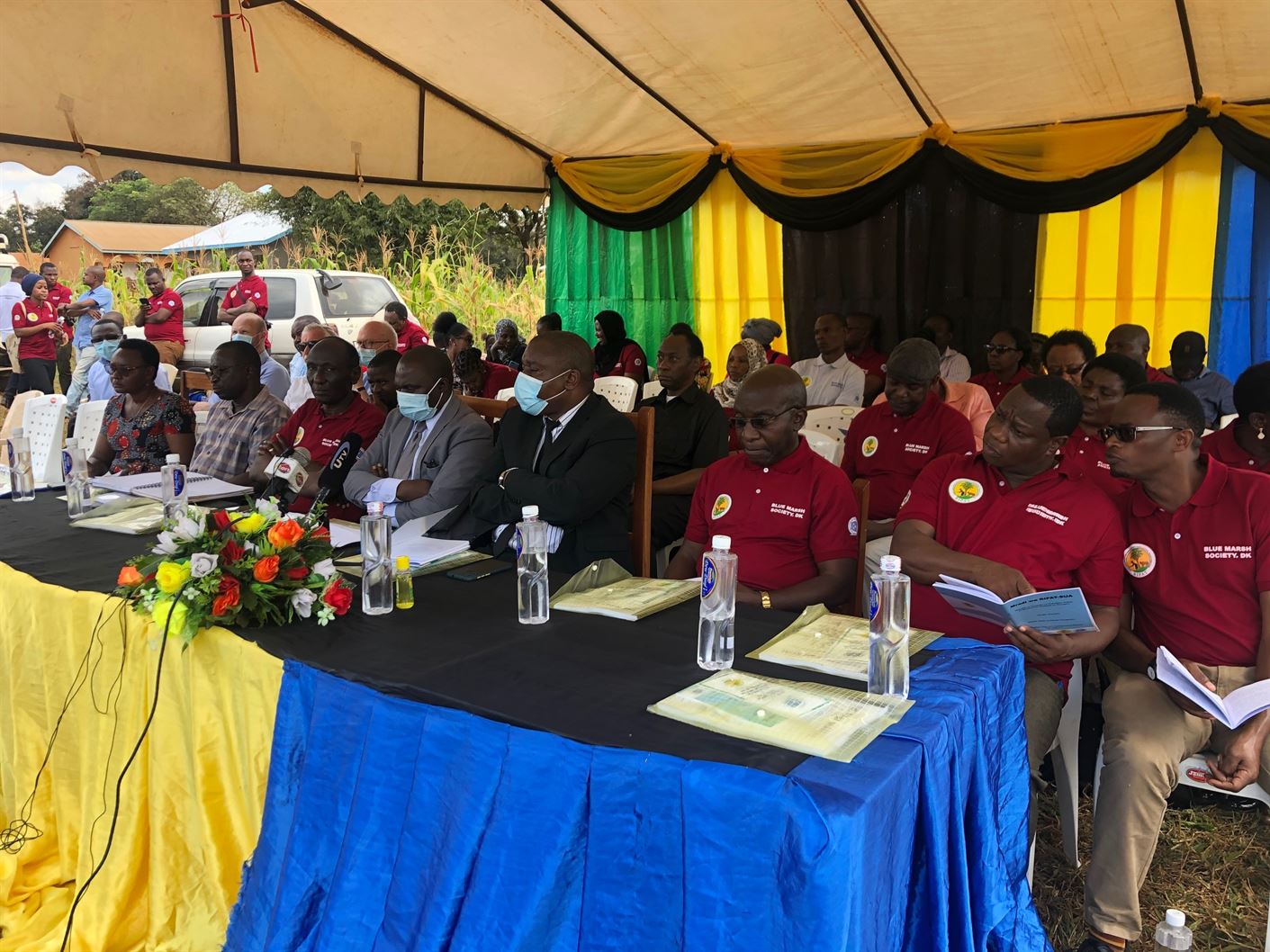
Professor Mwatawala urged farmers and beneficiaries of RIPAT - SUA project to focus on putting into practice all the things they have been taught through the RIPAT - SUA project and ensure the technology spreads further and benefits more citizens inside and outside the Morogoro region.
While reporting on the success of the RIPAT-SUA project, the Project Coordinator for Sokoine University of Agriculture (SUA), Dr. Emmanuel Malisa said since the project started, 22 groups have been formed where each group has an average of 25 members and so far the project has reached a total of 1,053 farmers directly where the initial target was 720 farmers by the end of the project but the project has exceeded the target.
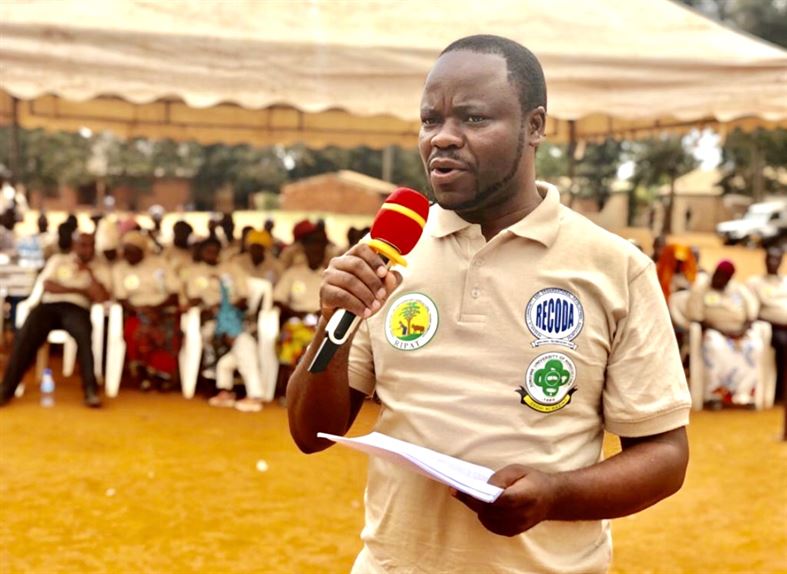
RIPAT - SUA Project Coordinator, on behalf of Sokoine University of Agriculture, Dr. Emmanuel Malisa explaining the implementation of the project step by step from start to finish
He explained that all the technologies brought by the project to farmers through groups were in the selection basket, which included the best cultivation of bananas, cassava, potatoes, maize, fodder beans, poultry farming, dairy and pig raising and each farmer chose the technology they wanted.
Dr. Malisa added that the RIPAT system has been taught at Sokoine University of Agriculture in theory and practice where so far more than 800 students have learned practical Agriculture, Livestock and Rural development through the RIPAT - SUA project and were also visited by two PhD students and about 25 SUA staff with the aim of conducting further research.
Dr Malisa concluded by stating that the Project has successfully achieved its goals and this has been confirmed by the preliminary results of studies conducted by SUA researchers and evaluations conducted by postgraduate and postgraduate students as well as preliminary ones.
Reading the treatise on behalf of all 22 Group Members, Ms. Zidia Malundo said the RIPAT-SUA project has done a great job in bridging the gap of professionals and perhaps making agricultural and livestock professionals more easily tracked where further professionalism is needed.
"In bringing about reforms in agriculture, the project has been very successful and has helped farmers and pastoralists achieve various goals, including having better households as well as food security and learning how to add value to their produce and make more profit," said Ms. Malundo
They also promised to work with their fellow farmers outside the groups to further spread this technology where by doing so all of Tanzania will be a country that is self-sufficient in food and trade but also have productive pastoralists.
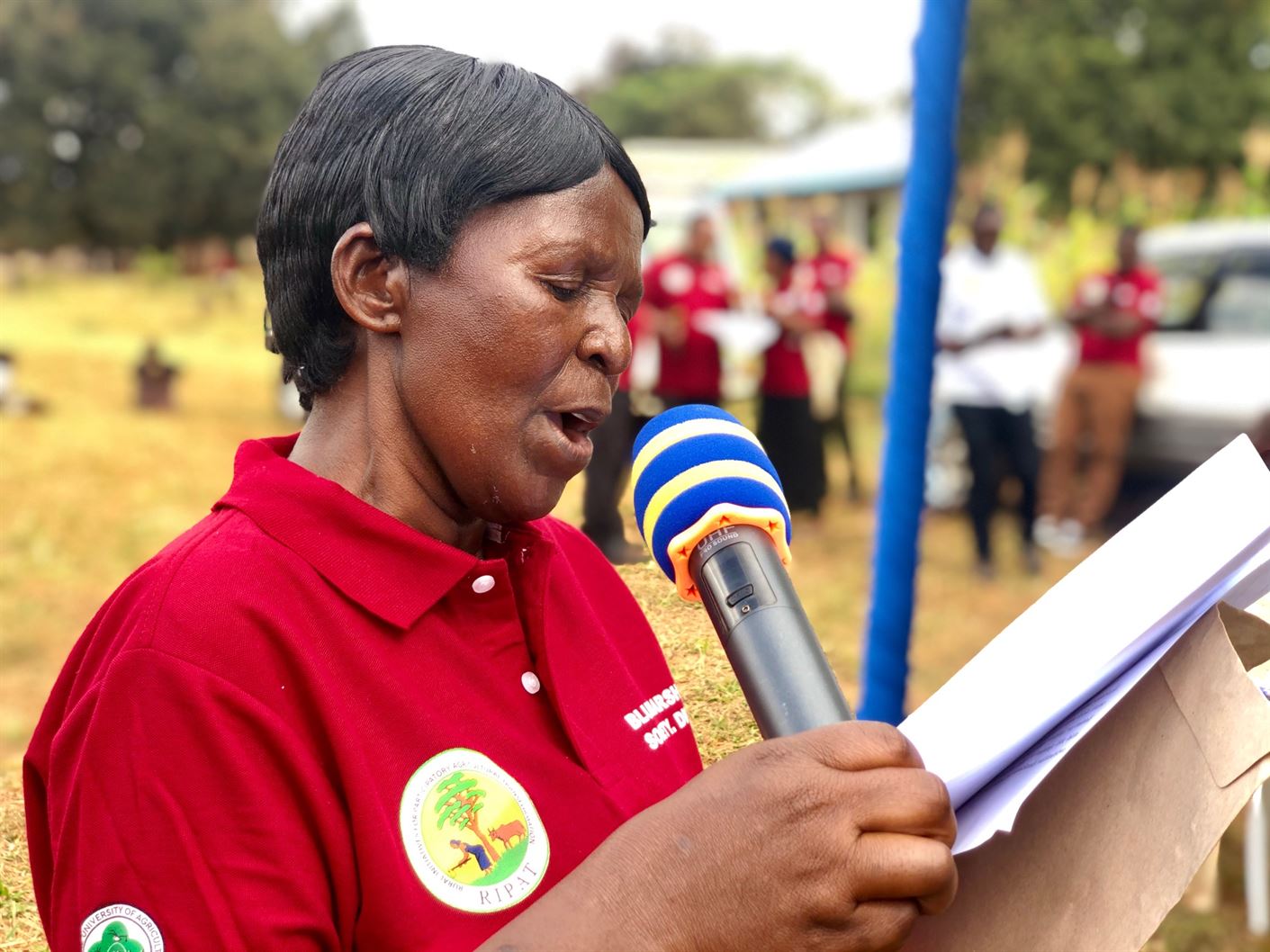
Ms. Zidia Malundo reading the treatise on behalf of all 22 groups participating in the project in front of the official guest
For his part, the Acting Assistant Director of Extension and Research Services from the Ministry of Agriculture, Charles Mjema commended the methods used by the RIPAT - SUA project and promised to continue to work with all stakeholders so that the methods can reach more farmers in the country. productive
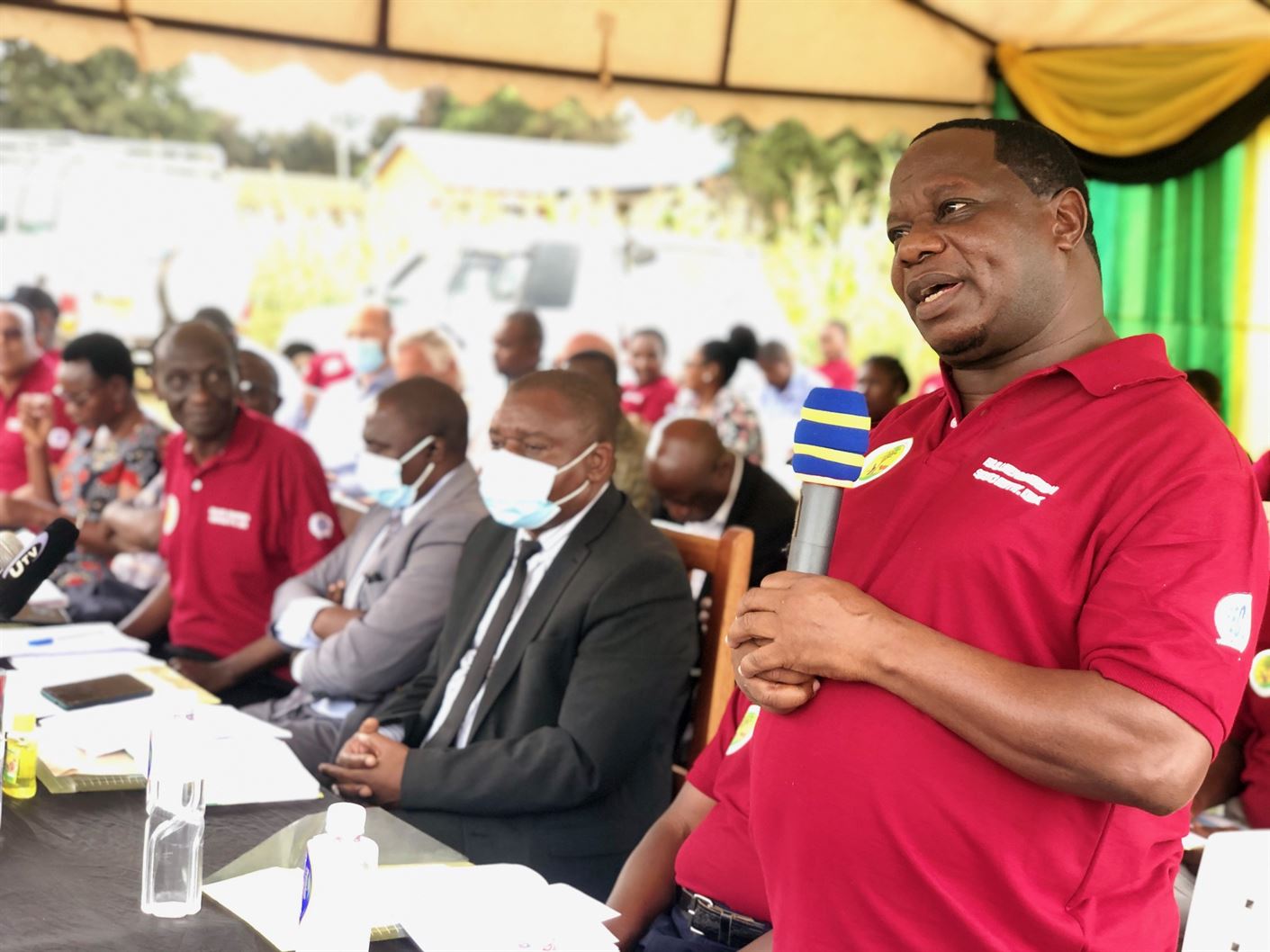
Acting Assistant Director Extension and Research Services from the Ministry of Agriculture Charles Mjema giving the Ministry's greetings at the closing ceremony of the project.
According to the RIPAT -SUA project guidelines, when the project is completed then the trained groups will be handed over to the relevant councils so in the event the leaders of Mvomero and Morogoro Municipality received all 22 groups established under the RIPAT - SUA project and are now under their control.
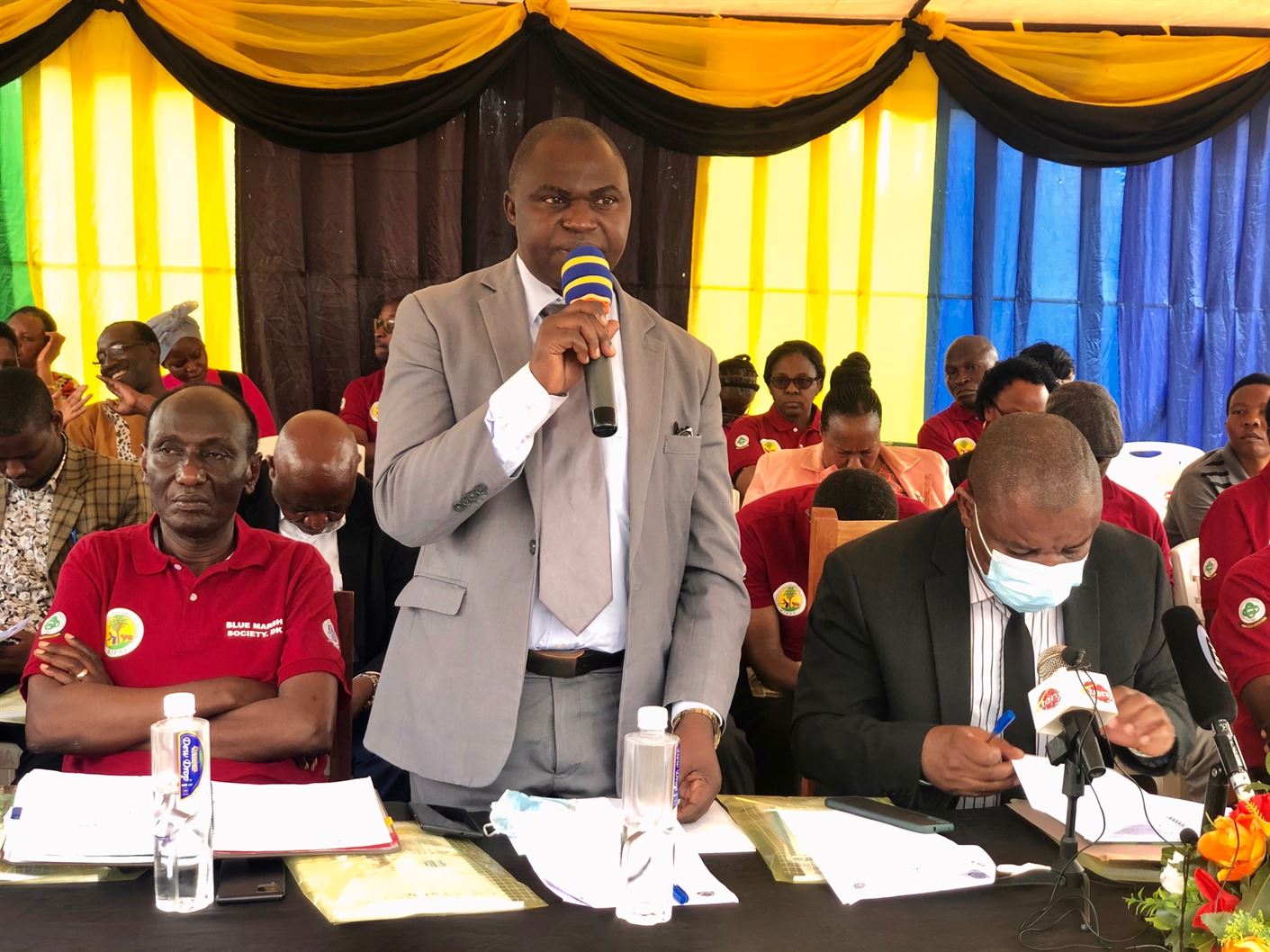
Principal of the College of Social Sciences and Humanities at Sokoine University of Agriculture, Prof. Samweli Kabote speaking at the event about the partnership between SUA and RECODA in implementing the RIPAT - SUA project
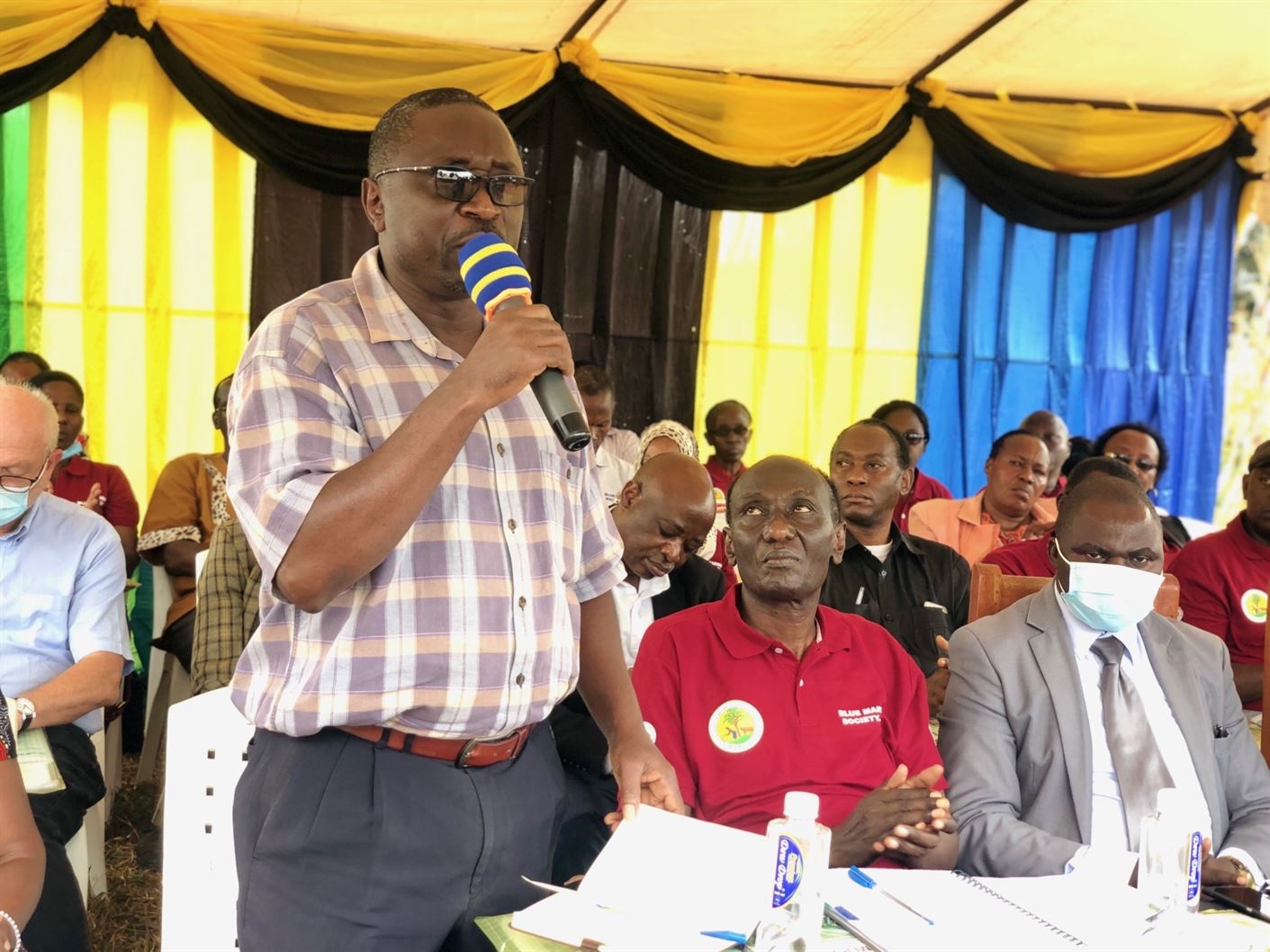
Acting Director of Morogoro Municipal District Council Mr. Michael Waluse greeting and explaining about the achievements and strategies to disseminate and distribute RIPAT technologies in all wards of Morogoro Municipality.
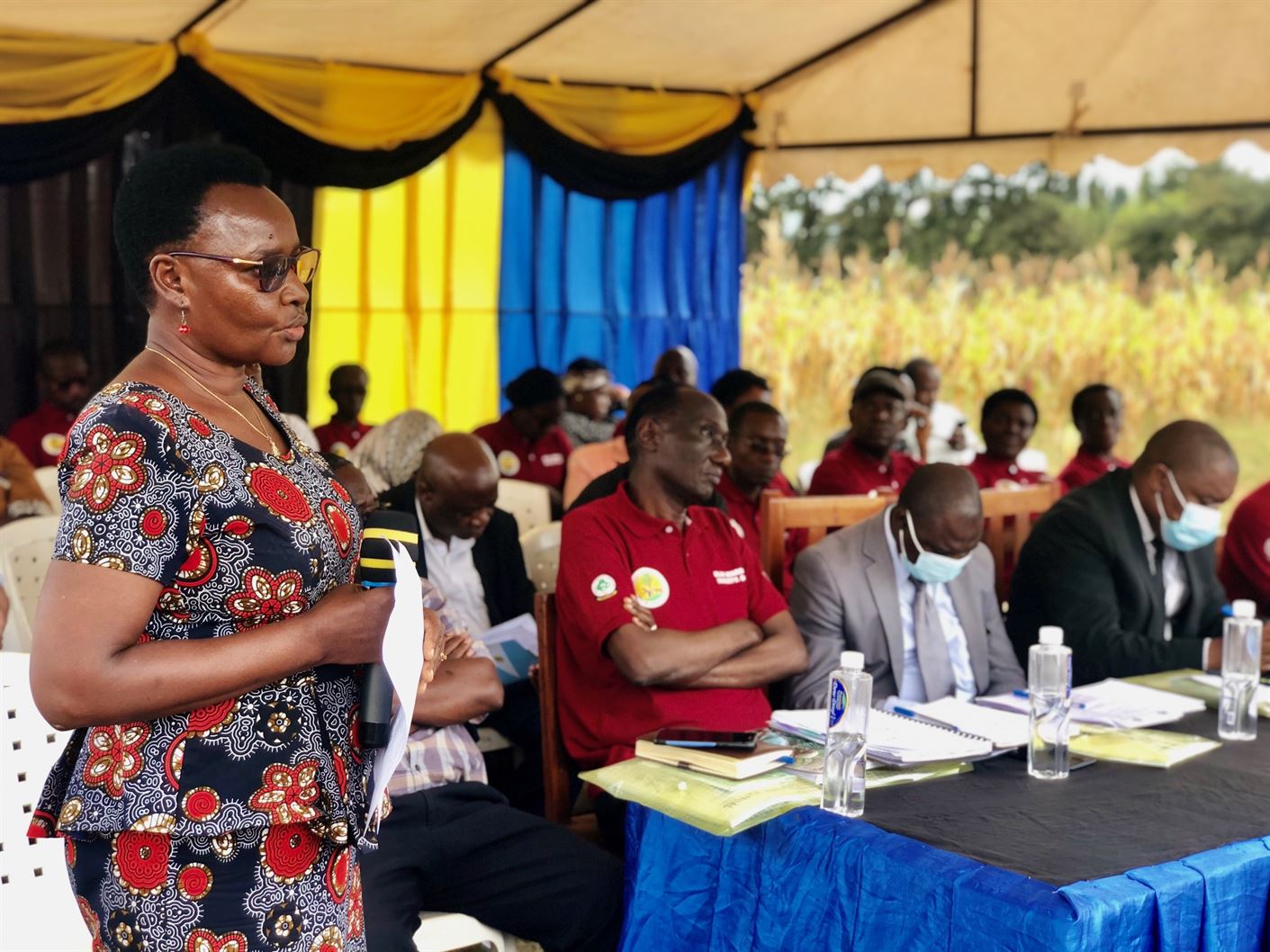
Acting Executive Director of Mvomero District Council Ms. Blandina Marijani giving her greetings
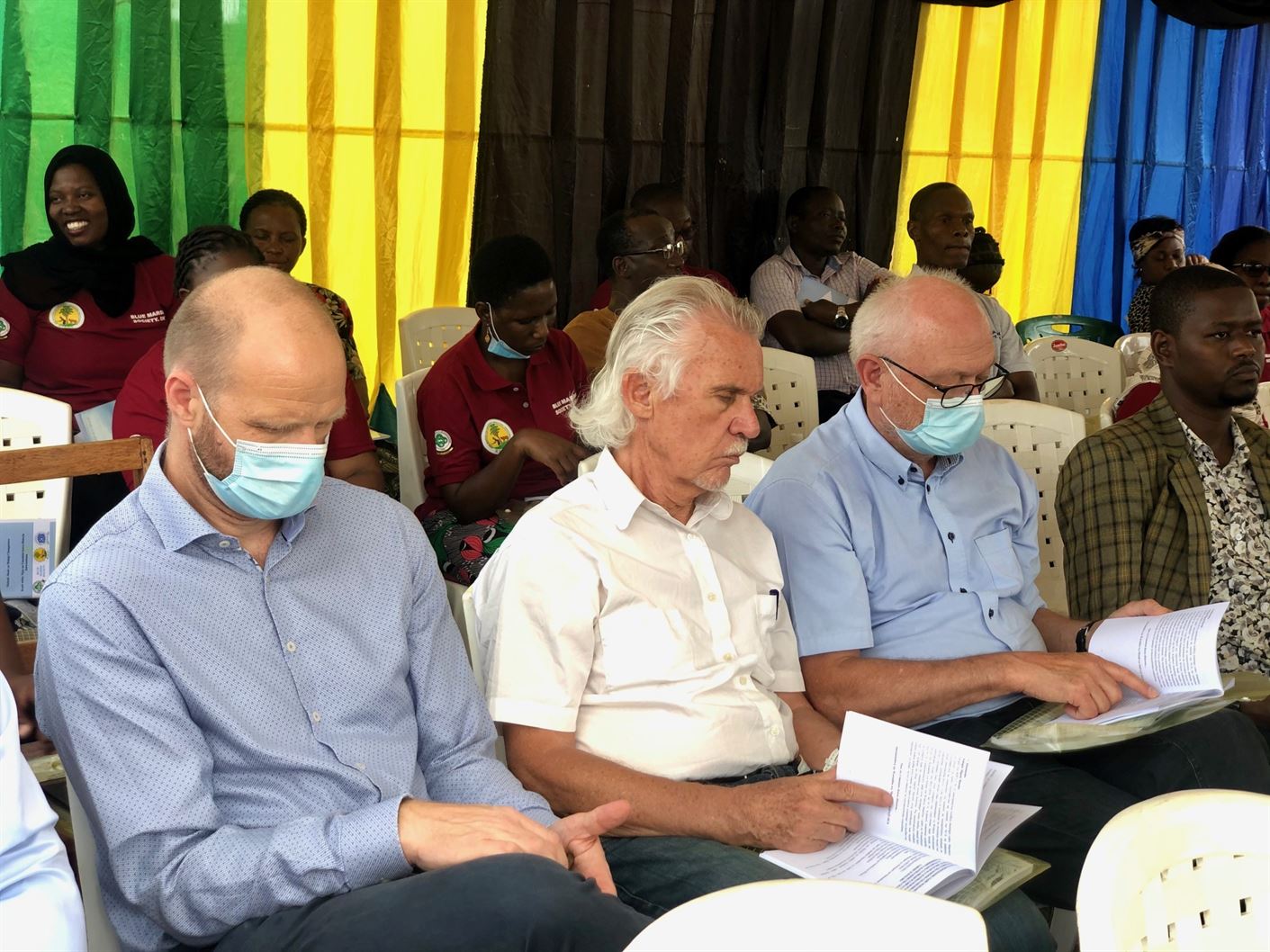
Read also the following articles for more information on the RIPAT-SUA project
- RIPAT SUA: A Project that helps farmers to eliminate hunger and poverty in Mvomero and Morogoro Districts
- Success stories from RIPAT SUA farming technologies
- RIPAT SUA project continues to benefit farmers in Tanzania
- Farmers encouraged to eliminate hunger, poverty and land conflicts through RIPAT SUA farming technologies
- RIPAT SUA project prepares policy to promote development in communities
ABOUT THE PROJECT
RIPAT (Rural Initiative for Participatory Agricultural Transformation) is a programme that has goals and objectives of reducing poverty, hunger and undernutrition among smallholder farmers by improving agriculture and animal husbandry through the application of the principle of help to self-help. Through practical and theoretical training conducted on a common field, groups of farmers are introduced to a variety of crops and agricultural technologies with the potential to improve their agricultural production. Each farmer can then choose which crops and methods he/she wishes to adopt in his/her own farming practice.
RECODA (Research, Community and Organizational Development Associates) is a local NGO founded in Tanzania in 2000 with the aim of bridging the technology gap in community development through research, consultancy, capacity building and facilitation of community-based projects. The organization aims at making food insecurity and poverty to be history in Tanzania and other Sub-Saharan countries which are poor because of agriculture which is the main source of livelihood for 80% of the population has very low production and rely on subsistence farming due to lack of a reliable extension approach for technology transfer to rural communities.
RECODA in collaboration with Sokoine University of Agriculture (SUA) implements RIPAT SUA project in Mvomero and Morogoro Municipal districts
Learn more at https://recoda.or.tz/
Story and Photo Credits:
Calvin Gwabara, SUAMEDIA




